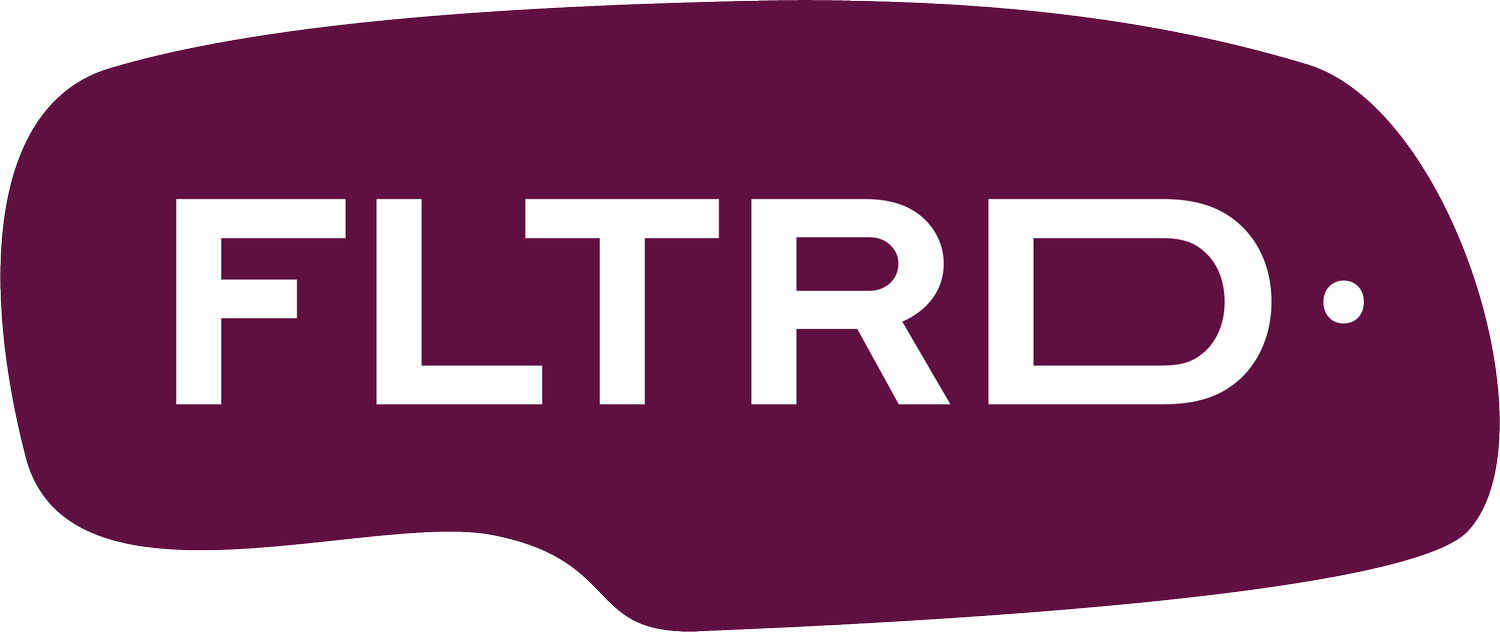7 facts About Ultra-Processed Foods
FLTRD is all about filtering out ultra-processed foods (UPF). But why are we so passionate about this and how come UPF is available everywhere? In this blog, we discuss 7 facts about ultra-processed foods.
1. UPF is not only junk food
Ultra-processed foods are products that undergo extensive processing and contain a multitude of additives, preservatives, and artificial ingredients. They are typically high in sugar, salt and unhealthy fats but low in essential nutrients. UPF doesn’t only refer to junk food such as hot dogs or frozen pizza. Cereals, soda’s, protein bars, pre-packaged soups and fruit yogurts can also often be classified as ultra-processed foods.
2. Many Indigenous Cultures don’t eat UPF
Many indigenous cultures around the world have maintained traditional diets that are remarkably free from ultra-processed foods. These communities often rely on locally sourced, whole, and minimally processed ingredients for their sustenance. The absence of ultra-processed foods in indigenous diets has been associated with lower rates of chronic diseases like obesity, diabetes, and heart disease within these communities. This stark contrast highlights the potential health benefits of consuming foods that are closer to their natural state.
3. UPF often lack of Nutritional Value
One defining characteristic of ultra-processed foods is their poor nutritional profile. They are often stripped of essential vitamins, minerals, and fiber, which are crucial for maintaining good health. Besides being limited in the micro nutrients, UPF are often high in sugar, trans fats, and Omega 6.
4. UPF could be addictive
Ultra-processed foods high in refined carbs and added fats are highly rewarding and appealing and may be addictive. A recent study states that 14 percent of adults and 12 percent of children suffer from ultra-processed food addiction. The combination of carbs and fats, which is often found in UPFs, seems to have a strong addictive effect on the release of dopamine, which is the reward hormone, in the brain. This effect is significantly amplified by the combination of both carbs and fats. Not one ingredient would be addictive, but a combination. Natural foods on the other hand would contain either a lot of fats or a lot of carbohydrates.
5. UPF are linked to Chronic Diseases
Consuming a diet rich in ultra-processed foods has been associated with an increased risk of chronic diseases. Heart disease, obesity, diabetes, dementia and certain types of cancer have all been linked to the regular consumption of these products. The excessive levels of sugar, unhealthy fats, and sodium found in UPFs play a significant role in driving these health risks.
6. More than 70% in the supermarkets is ultra-processed
Surprisingly, more than 70% of the food products on Dutch supermarket shelves are ultra-processed. This startling statistic highlights the need for greater awareness and consumer education about the health risks associated with these products.
7. Cutting out UPF will improve your health
To improve your health and reduce the risks associated with ultra-processed foods, consider a diet focused on whole, minimally processed foods. Opt for fresh fruits and vegetables, lean proteins, whole grains, and nuts. By making these changes, you can take a significant step towards a healthier and more vibrant life. Use the FLTRD app to get inspired about minimally processed products and learn more about the nutritional benefits of foods. Your body will thank you for it.
